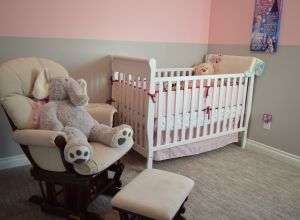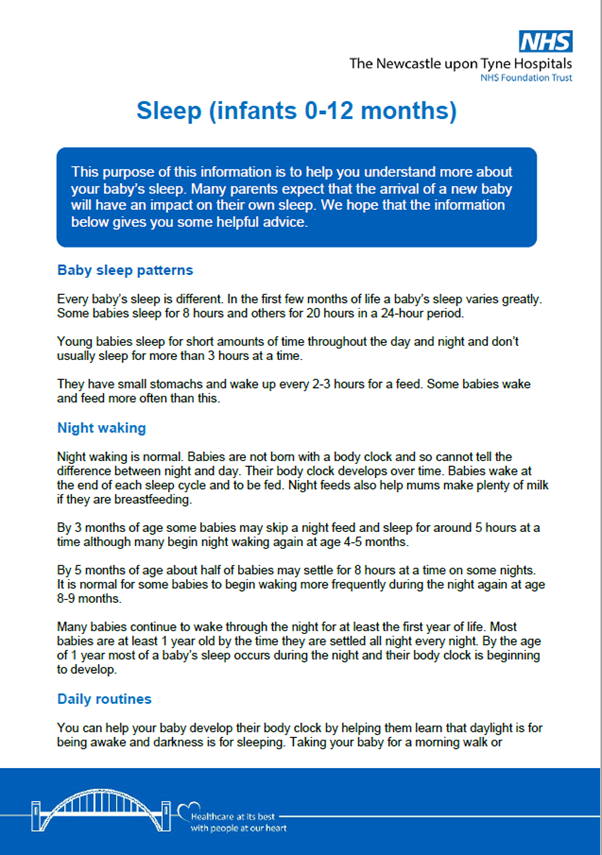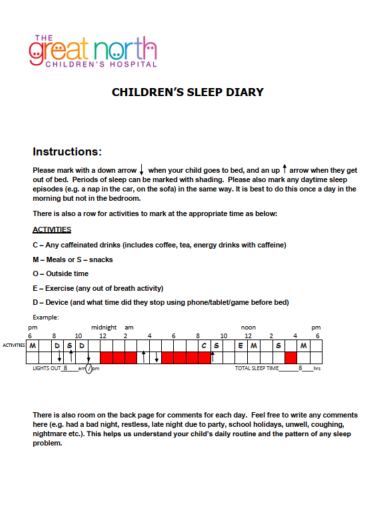Toddlers aged 1 - 4 - sleep advice



Pre-schoolers may sleep anywhere between 10-14hours per day, some may need longer or shorter than this, especially at times when they are unwell.
Some pre-schoolers require an afternoon nap, though you should be working towards your child dropping a regular afternoon nap before they start school.
Daytime naps advice:
- Daytime naps provide much needed downtime that aids the important physical and mental development that happens in early childhood
- They help keep babies and young children from becoming overtired, which can affect their mood and make it harder for them to fall asleep at night
Do babies and young children automatically fall into a good sleeping pattern?
No. All babies and children need to be supported to develop a good sleep routine and good sleeping habits. It is a process that will take time and can’t be achieved in a few days. This can be a struggle, especially when you are sleep deprived and feel constantly tired yourself. All children are different and will start sleeping through at different times. There also needs to be a degree of flexibility around sleep routines.
What routines and habits promote good sleep?
Fortunately, there are many practical ways to develop and improve your child’s sleeping routine and habits. Tips for pre-schoolers are below.
Difficulty falling asleep and waking up during the night are common. With further development of imagination, pre-schoolers commonly experience night-time fears and nightmares. In addition, sleepwalking and sleep terrors peak during preschool years. There can also be some problems with snoring.




Positive reinforcement:
If appropriate behaviour is rewarded it is likely to be repeated. Parents should provide encouragement and positive praise for small achievable steps. Some parents find it helpful to use star charts for pre-school and primary school-aged children. Rewards should never be withdrawn.
Example of a good bedtime routine:
Every baby and child is different and you can adapt the following bedtime routine to meet your baby’s/child’s needs.
- Start the 'journey to bed' an hour before bedtime using signals such as end of a favourite game.
- Bath time and brushing teeth
- Change into bedtime clothes
- Story time. If they are not interested in stories to begin with you could try gentle songs/nursery rhymes. Story time can be extended as a child gets older.
- Settle into bed, cuddle time, and goodnight. Some parents find it helpful to sing the same nursery rhyme/song every night as a signal that it’s time to go to sleep.
- Avoid return to daytime activities (e.g. not returning downstairs after their bath).
My child is tired, so why won’t they sleep?
Many factors can lead to sleep problems. Toddlers' drive for independence and an increase in their motor, cognitive and social abilities can interfere with sleep. In addition, their ability to get out of bed, separation anxiety, the need for autonomy and the development of the child's imagination can lead to sleep problems. Daytime sleepiness and behaviour problems may signal poor sleep or a sleep problem.
If a child is happy, comfortable, and tired, problems falling asleep are likely to be behavioural (such as bedtime resistance) or environmental (such as noise).
If there are ongoing problems around bedtime, contact your Health Visitor.
I’ve tried all of the above and my child is still waking frequently!
Some children take longer than others to respond to a routine and settle into good sleep habits. Look after yourself. Almost all adults find interrupted sleep makes them feel tired and irritable, and relationships can suffer.
Resources for parents
NHS: Sleep tips for parents of young children
NHS: Sleep tips for teenagers




